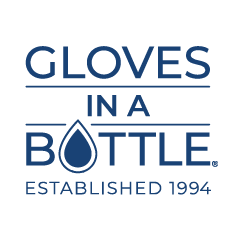You did it. You finally decided to make an appointment with your dermatologist to find out what’s going on with your skin. Your skin is your best asset and understanding your particular skin type, and how to take care of it is a worthy decision. Learning more about what makes us unique and individual is always exciting so let me tell you how to prepare for your upcoming appointment.
Like any doctor, your dermatologist will want to know your medical history. This is important because genetic factors and previous or existing illnesses may affect your skin. Along with your medical history it’s best to try and create a timeline for any skin issues you may be concerned with recently. Having these records along with a list of products you have used can help your dermatologist assess the status of your skin. Don’t be afraid to arrive foundation-free, a bare face is going to make it far easier for your dermatologist to assess your skin conditions.
During the appointment your skin will be reviewed for the following things:
- Odd Freckles or Moles: If you have freckles (lucky you) or moles they normally should look symmetrical and have even coloring. If there is a noticeably large, discolored or asymmetrical one they may ask you about it. Although it is unlikely, some of these signs could be symptoms of skin cancer and your dermatologist will need to rule that out as soon as possible. Good thing is many of these can be removed with no damage to your health.
- Different Skin Textures: Your dermatologist will be looking for any dry, red or irritated skin patches. These different textures could help with the diagnosis of skin disorders like eczema, psoriasis or rosacea.
- Know Your Skin Care Regime: Bringing some of the key products in your skincare regime to the appointment might be helpful for the discussion with your dermatologist. Their expertise can determine ingredients, quality and benefit validity of these products. A common recommendation is to use a product that works more harmoniously with your body’s natural processes. Shielding lotions are a favorite.
Make sure to take the opportunity to ask your dermatologist as many questions as you wish. Preparing in advance is always helpful in jogging your memory. Depending on your diagnosis, the biggest thing to keep in mind after your appointment is to be patient with your skin.

Comments (0)
Back to Skin Care Tips